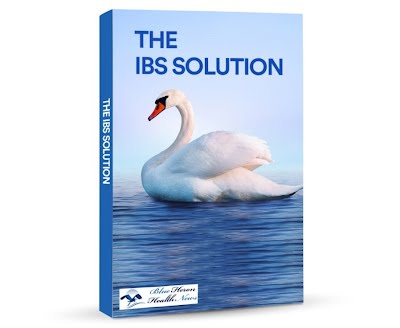
The IBS Program™ / The IBS Solution™ By Julissa Clay The IBS program comes in the format of a step-by-step program that can be purchased by anyone curious. The product is designed for everyone who wants to control their IBS symptoms and enjoy a pain-free life. One of the most impressive aspects of this program is that you may complete the workouts. You may do the workouts during the lunch hour, on a flight, or even at the house, and the great news is that you don’t need special equipment to complete them.
What is IBS with constipation (IBS-C)?
IBS with constipation (IBS-C) is a subtype of irritable bowel syndrome (IBS), a common gastrointestinal disorder that affects the large intestine. People with IBS-C experience the typical symptoms of IBS, such as abdominal pain or discomfort, bloating, and gas, but their primary issue is infrequent or difficult bowel movements. The key feature that differentiates IBS-C from other types of IBS is that constipation (hard, infrequent stools) is the predominant symptom, as opposed to diarrhea or a mix of both diarrhea and constipation.
Key symptoms of IBS-C include:
- Abdominal pain or cramping: Usually relieved after a bowel movement.
- Infrequent bowel movements: Fewer than three bowel movements per week.
- Straining during bowel movements: Difficulty passing stool, often with a sense of incomplete evacuation.
- Hard or lumpy stools: The stools are often hard, which makes passing them more uncomfortable.
- Bloating and gas: Excessive gas or feelings of bloating are common.
Potential causes and contributing factors:
The exact cause of IBS-C isn’t fully understood, but contributing factors include:
- Gut-brain communication issues: Problems with how the brain and gut interact can affect bowel function.
- Gut motility: Slow intestinal transit can lead to constipation.
- Gut microbiota imbalance: An imbalance in the gut bacteria might contribute to IBS symptoms.
- Food sensitivities: Certain foods may trigger symptoms in people with IBS.
- Stress and mental health: Anxiety and stress are known to exacerbate IBS symptoms.
Management of IBS-C:
Managing IBS-C typically involves lifestyle changes, dietary adjustments, and sometimes medications. These can include:
- Fiber intake: Adding fiber can help some people, though others might find that certain types of fiber worsen symptoms.
- Hydration and exercise: Drinking plenty of water and regular physical activity can promote bowel regularity.
- Medications: Laxatives, stool softeners, or prescription medications specifically for IBS-C may be recommended.
- Probiotics: Some people find relief from probiotics, which may help balance gut bacteria.
- Stress management: Techniques like mindfulness, cognitive behavioral therapy, or relaxation exercises can be beneficial.
IBS-C is a chronic condition, and its symptoms can vary in intensity. Effective management usually requires a tailored approach depending on the individual’s symptoms and triggers.
The IBS Program™ / The IBS Solution™ By Julissa Clay The IBS program comes in the format of a step-by-step program that can be purchased by anyone curious. The product is designed for everyone who wants to control their IBS symptoms and enjoy a pain-free life. One of the most impressive aspects of this program is that you may complete the workouts. You may do the workouts during the lunch hour, on a flight, or even at the house, and the great news is that you don’t need special equipment to complete them.